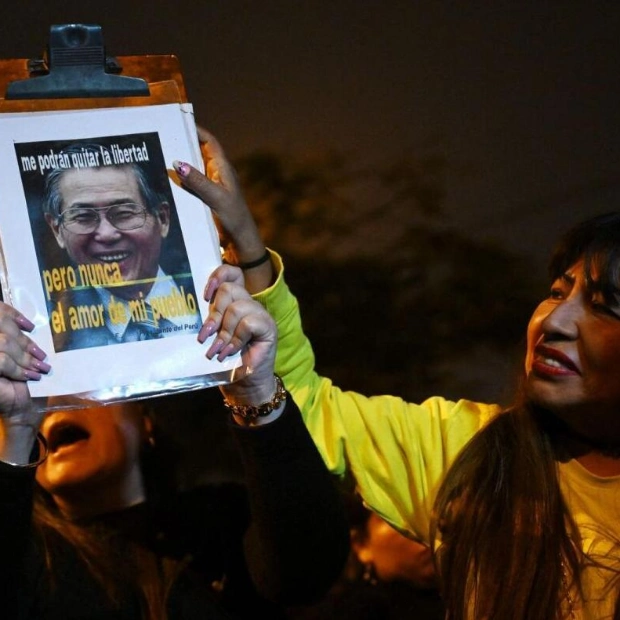Attendees exit the United Nations climate change conference, also known as COP29, held in Baku, Azerbaijan, on November 11, 2024. – Reuters
The United Nations reported on Tuesday that climate change is leading to unprecedented numbers of people being displaced from their homes worldwide, exacerbating the already severe conditions of displacement. As international climate negotiations proceed in Baku, the UN refugee agency emphasized how rising global temperatures and extreme weather events are affecting displacement numbers and conditions, urging for increased and improved investment in risk mitigation.
In a recent report, UNHCR highlighted how climate-induced crises in regions such as Sudan, Somalia, and Myanmar are interacting with conflict to worsen the plight of those already at risk. "Across our warming planet, droughts, floods, life-threatening heat, and other extreme weather events are creating emergencies with alarming regularity," stated UNHCR chief Filippo Grandi in the report's foreword.
Grandi noted that 75% of displaced individuals reside in countries highly exposed to climate-related hazards. "As the pace and scale of climate change accelerate, this figure will only continue to rise," he warned. UNHCR data from June revealed that a record 120 million people are currently displaced due to war, violence, and persecution, with the majority within their own countries.
Andrew Harper, UNHCR's special advisor on climate action, pointed out that the global number of conflict-displaced individuals has doubled over the past decade. Simultaneously, UNHCR cited recent data from the Internal Displacement Monitoring Centre showing that weather-related disasters have displaced approximately 220 million people within their countries over the past ten years—an average of 60,000 displacements per day.
Harper lamented the insufficient funds to support those who flee and the communities that host them, describing the situation as "a hellish scenario becoming even more dire." Most refugee settlements are located in lower-income countries, often in desert areas prone to flooding, lacking the infrastructure to cope with increasing climate impacts.
UNHCR predicts that by 2040, the number of countries facing extreme climate-related hazards will surge from three to 65, with the majority hosting displaced populations. By 2050, refugee camps and settlements are expected to experience twice as many days of dangerous heat compared to today, potentially leading to crop failures and livestock deaths.
Harper emphasized the increasing loss of arable land in climate-exposed regions like Niger, Burkina Faso, Sudan, and Afghanistan, coupled with population growth. UNHCR is urging COP29 decision-makers to ensure that more international climate financing reaches refugees and host communities in greatest need. Currently, extremely fragile states receive only about $2 per person annually in adaptation funding, compared to $161 per person in non-fragile states.
Without substantial investment in climate resilience and adaptation in these communities, further displacement towards less climate-impacted countries is inevitable, Harper concluded. "If we don't invest in peace and climate adaptation in these areas, people will move. It's illogical to expect otherwise."
Source link: https://www.khaleejtimes.com






